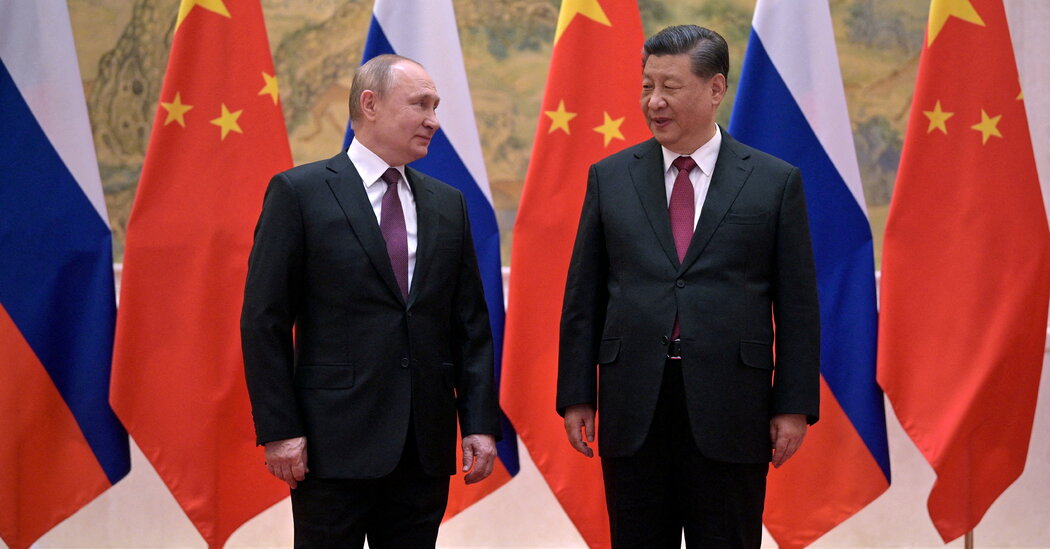Allied intelligence services learned from intercepted communications that senior Russian commanders were being brought together for a meeting, which s
Allied intelligence services learned from intercepted communications that senior Russian commanders were being brought together for a meeting, which some Western governments believed was the key decision point for military commanders to begin the attack. This intelligence was part of what led Jake Sullivan, the White House national security adviser, to warn on Feb. 11 that a Russian attack could come before the end of the Olympics. Multiple officials also said at the time that U.S. officials had picked up intelligence that Russia was considering Feb. 16 as the possible date for the start of military action. That prediction turned out to be wrong, though only by a few days.
Russia-Ukraine War: Key Things to Know
A critical city. Russia’s push to seize key Ukrainian cities accelerated on the seventh day of the invasion, with Russia claiming that its forces were in control of Kherson, though Ukraine disputed the claim. More explosions struck Kyiv, and the siege of the city of Kharkiv continued.
In assessing that Russia could ignore China’s widely understood desire that peace be maintained through the Olympics, some U.S. officials said Mr. Putin had multiple considerations. While these officials acknowledged that Mr. Putin’s relationship with China was important, Russia wanted to quickly begin, and complete, an attack before the readiness of its troops declined. Mr. Putin, American officials assessed, also did not want to be seen as overly deferential to any other power.
Both U.S. and British intelligence officials also wrongly assessed that supply problems that had plagued Russian forces in Belarus during military exercises had been fixed, allowing an invasion to proceed, according to a person briefed on the assessment. In reality, the supply problems continued to hamper Russian forces as they moved into Ukraine.
Since the war began, Chinese officials have consistently aligned with Russia. They have expressed support for Russia’s concerns about NATO and said Russian and Ukrainian officials should have negotiations. A Chinese government readout of a telephone conversation last Friday between Mr. Xi and Mr. Putin reiterated those points. Spokespeople for the Chinese Foreign Ministry have refused to call Russia’s actions an “invasion” and blamed the United States for inflaming tensions around Ukraine.
Chinese officials have also criticized the sanctions imposed on Russia by the United States and European nations.
On Wednesday, Wang Wenbin, a Foreign Ministry spokesman, said at a news conference in Beijing that Russia and Ukraine should “seek a political solution that accommodates the legitimate security concerns of both sides. China will continue to play a constructive role in promoting the de-escalation of the situation in Ukraine.”
China is trying to evacuate thousands of its citizens, including diplomats, from Ukraine. About 6,000 citizens were in Ukraine before those efforts began. At least one Chinese citizen was injured by gunfire on Tuesday while trying to leave Ukraine, Mr. Wang said. The Chinese foreign minister, Wang Yi, spoke with the Ukrainian foreign minister, Dmytro Kuleba, on Tuesday about the Chinese citizens in the country, according to an official Chinese readout of the conversation.
www.nytimes.com
